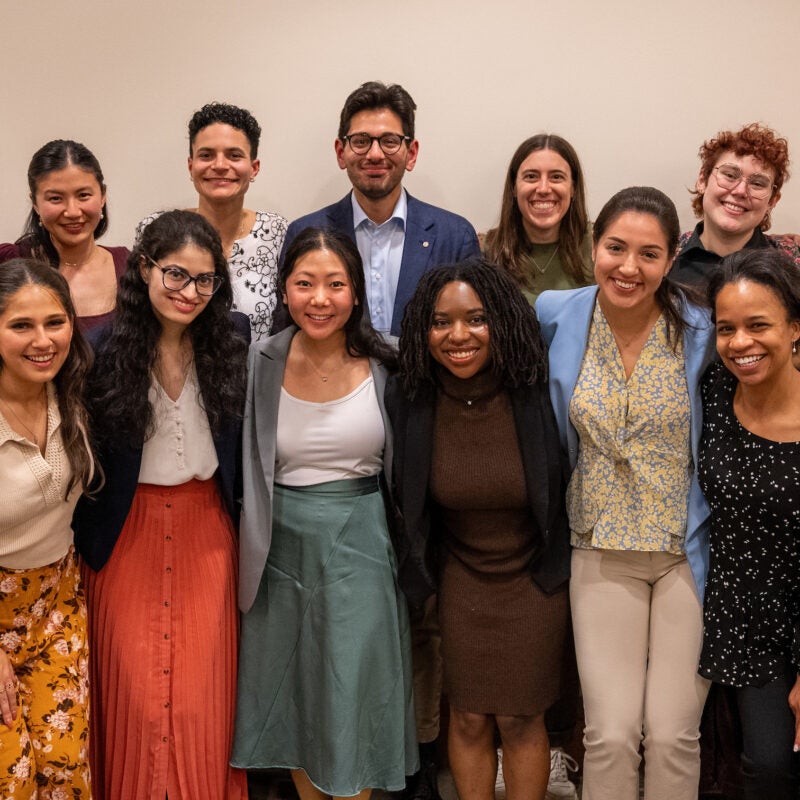
Youth Advocacy & Policy Lab celebrates graduating cohort of Fellows
April 12, 2024
Instructors, staff, students, and loved ones gathered for the ceremony, celebrating their accomplishments in education law and child advocacy at HLS.
Clinic Stories News, stories, and updates from the world of clinical and pro bono work at HLS
Contact Office of Clinical and Pro Bono Programs
Website:
hls.harvard.edu/clinics
Email:
clinical@law.harvard.edu
April 12, 2024
Instructors, staff, students, and loved ones gathered for the ceremony, celebrating their accomplishments in education law and child advocacy at HLS.